Showroom
Tools like beakers, flasks, and test tubes that are composed of sturdy materials like borosilicate glass-which is renowned for its chemical stability and heat resistance-are referred to as Laboratory Glassware. It is essential to the chemical, pharmaceutical, and research sectors. Its precise design and use of cutting-edge moulding methods guarantee experiment safety and accuracy.
Mostly composed of borosilicate, Flask Glass is a multipurpose, heat-resistant substance used in lab settings. It is perfect for the chemical, scientific, and pharmaceutical industries since it is resistant to both chemical corrosion and heat shock. It is made with exacting moulding procedures, which guarantee precision, robustness, and safety in reactions and experiments.
Chemicals are stored, mixed, and heated in laboratory tubes, which are usually made of borosilicate glass. It is perfect for usage in the chemical, biotechnology, and pharmaceutical industries due to its strong resistance to heat and chemicals. Its precision-molded construction guarantees dependability, safety, and long-lasting experimental results.
During distillation procedures, vapours are cooled using a Glass Condenser composed of heat-resistant borosilicate glass. It is perfect for the chemical, pharmaceutical, and research industries due to its resilience to chemical corrosion and heat stress. Its precise manufacturing guarantees effective heat transfer, improving experiment safety and precision.
Dropping Separation Funnels are pieces of equipment used in laboratories to separate immiscible liquids under controlled conditions. They guarantee accurate layering and are made of borosilicate glass for strength and chemical resistance. They help in liquid phase separation, which improves operations for efficiency and purity. They are widely used in the chemical, pharmaceutical, and environmental industries.
An extraction apparatus is a device that separates components from mixtures using solvents. It is made of materials like glass or stainless steel that are strong and resistant to corrosion. It improves process accuracy, safety, and efficiency and is widely utilised in the food, chemical, and pharmaceutical industries.
In laboratories, Weighing Bottles are used to measure items precisely. They are resistant to toxins since they are made of sturdy materials like plastic or glass. Precisely manufactured, they are crucial for precise measurements and effective handling in the chemical, pharmaceutical, and research sectors.
Connectors called Laboratory Adapters are used to connect different pieces of equipment. They are usually composed of sturdy materials that can withstand heat and chemicals, such as glass or PTFE. They are crucial in research, chemical, and pharmaceutical labs because of their precise manufacturing, which guarantees smooth integration and effective experimental settings.
A separating funnel is one piece of apparatus used in labs for liquid-liquid separation. It is chemically resistant and composed of durable glass or plastic. It is extensively utilised in the chemical, pharmaceutical, and environmental sectors and enables efficient separation, enhancing precision, security, and productivity in a range of procedures.
Specialised containers for holding chemicals or reagents are called reagent bottles. Usually composed of glass or premium plastic, they provide heat and corrosion resistance. They are used in labs in the chemical, pharmaceutical, and research sectors to guarantee precise handling and safe, long-term storage.
A Laboratory Flask is a multipurpose container that can be used to store, heat, or combine liquids. It is made of borosilicate or heat-resistant glass and is intended to be long-lasting and resistant to chemicals. It guarantees safe handling and precise experiments in chemistry, research, and pharmaceuticals.
A Funnel is a piece of equipment used in laboratories to move liquids or powders into narrow-opening containers. It is corrosion-resistant and can be made of plastic, glass, or stainless steel. It guarantees accuracy, minimises spills, and improves workflow efficiency, making it widely utilised in the food, chemical, and pharmaceutical industries.
One cooling tool used in distillation procedures is a Laboratory Condenser. It is made of stainless steel or sturdy glass and is resistant to heat and chemicals. It improves reaction yields and process safety by facilitating effective condensation, which is crucial in chemical, pharmaceutical, and environmental labs.
Columns are vertical vessels used for separation or filtering in laboratory activities. Because they are composed of durable materials like glass or stainless steel, they are resistant to both heat and chemicals. They are extensively employed in the chemical, pharmaceutical, and environmental sectors and enhance the efficiency, precision, and scalability of separation processes.
A precise tool for dispensing measured liquid volumes is a laboratory burette. It is made of sturdy plastic or glass and is resistant to chemicals. It is crucial to the chemistry and pharmaceutical sectors because it guarantees titration precision, which enhances outcomes and experimental consistency.
A graduated container used for accurate liquid measurement is called a Measuring Cylinder. Usually composed of plastic or borosilicate glass, it provides resistance to heat and chemicals. It guarantees precision and improves consistency and dependability in studies conducted in labs serving the chemical, pharmaceutical, and food sectors.
Tools used for scientific analysis and experimentation are referred to as Laboratory Equipment. They are resistant to heat and chemicals and are made of sturdy materials including plastic, stainless steel, and glass. They provide precision, safety, and efficiency and are crucial in the environmental, chemical, pharmaceutical, and research sectors.


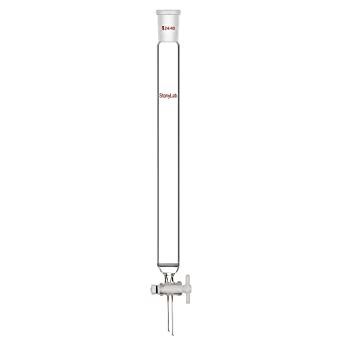
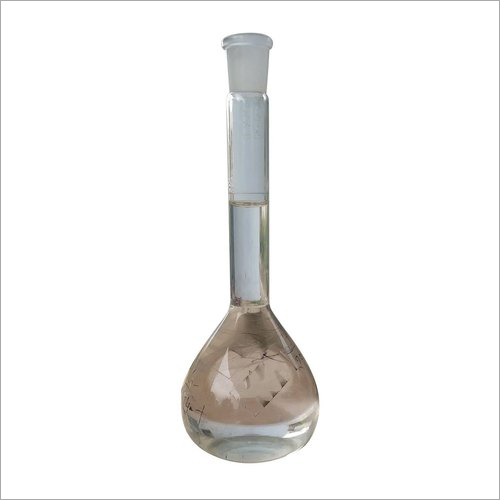
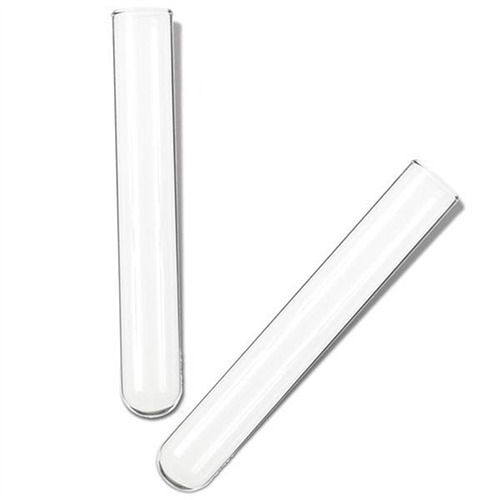
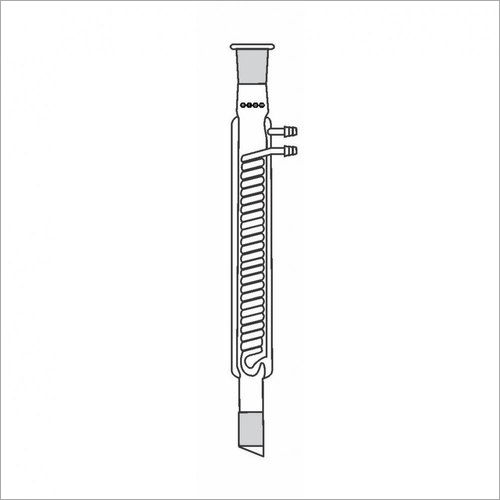
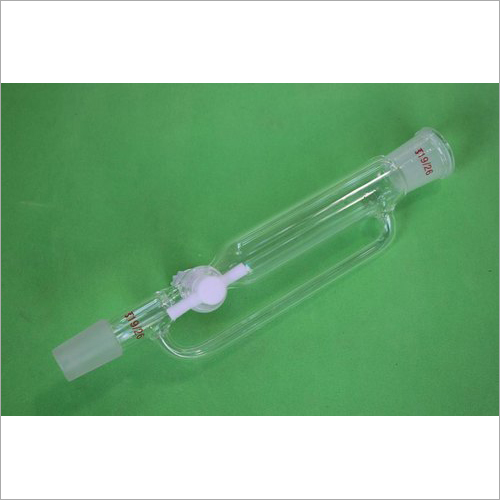
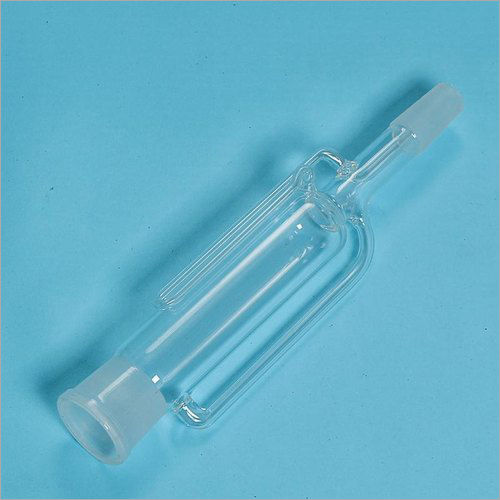
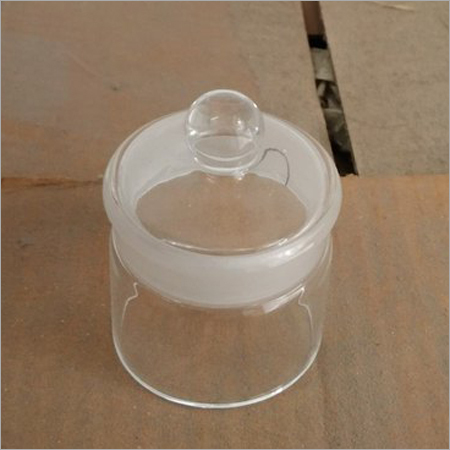
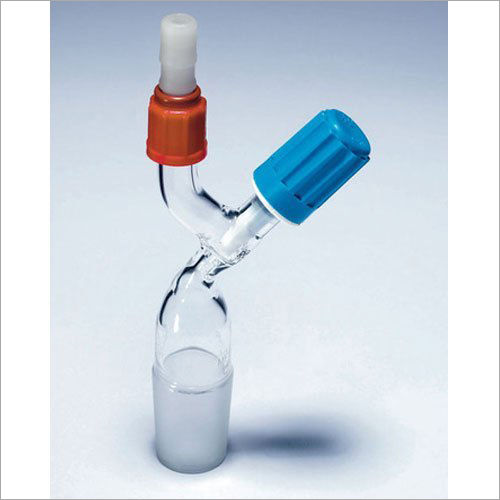


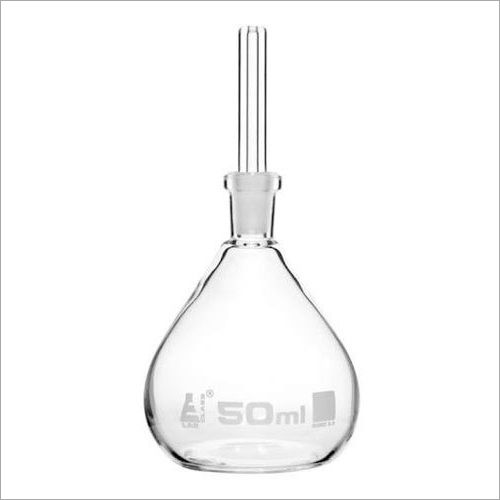


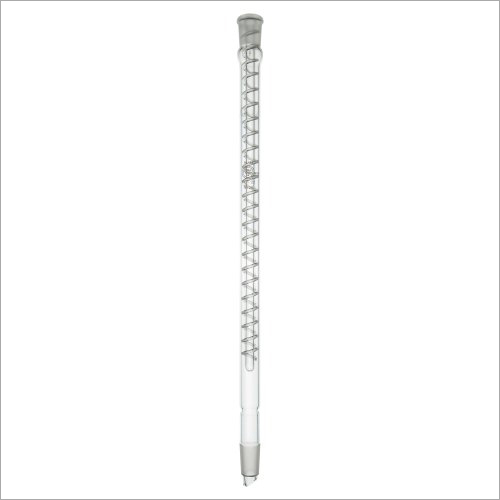





 Send Inquiry
Send Inquiry Send SMS
Send SMS

